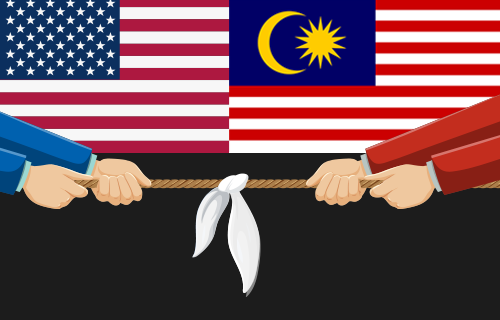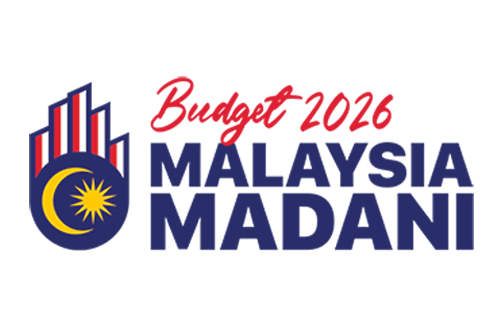CBI-IDEAS report looks at true cost of corruption in supply chains for Malaysian consumers

Kuala Lumpur, 22 June 2021 – The Institute for Democracy and Economic Affairs (IDEAS) has published Policy Ideas No. 72, entitled “Corruption in the Supply Chain: forms and impacts on consumers”. The paper was co-authored with the Coalition for Business Integrity (CBI). The paper looks into how corruption impacts the cost of living for the average Malaysian consumer, through the creation of upward pressure on the prices of consumer goods and services.
This collaborative research aims to generate public awareness about how systemic corruption, rather than being something which only affects the highest levels of society, actually has a negative impact on the everyday life of the rakyat through the artificial inflation of costs of living.
With a focus on the construction, education, and healthcare sectors, research by IDEAS and CBI found that while bribery is obviously the most common form of corruption in the private and public sectors, there are other forms of corruption including extortion, embezzlement, fraud, abuse of discretion, and favouritism.
Research also identified three major causes of corruption in Malaysia. As observed by IDEAS CEO, Tricia Yeoh, “This includes the abuse of so-called ‘information asymmetry’ for personal gains. To put it simply, this involves public officials abusing their positions and discretion over the public due to the lack of knowledge and information over said official’s roles and responsibilities. As well, corruption often emerges as a response to excessive and poorly managed bureaucracy. The ‘grease the wheel’ hypothesis views corruption as the ‘grease’ which can ‘lubricate and smoothen’ over various bureaucratic processes.”
“Finally, there are cultural reasons why corruption can flourish, especially when individuals view acts of corruption as the ‘standard operating procedure’ in doing business in Malaysia.”
IDEAS also found that the presence of corruption within Malaysia’s supply chains can have a significant economic impact on the average Malaysian consumers. Research has found that when suppliers of goods and services are required to engage in corrupt practices, this increases the costs of doing business, which is then passed on to the end-consumers.
CBI’s CEO Mark Chay commented that the multiple problems that are confronting Malaysia is attributed to the rampant lack of integrity in managing our resources by some of those in positions of power and business operators and the rakyat have to bear the brunt of it.
Corruption has also been found to distort competition, to curtail private sector development, to raise entry barriers, to undermine the delivery of public services, and to produce inefficient government spending. Finally, acts of corruption can contribute to higher levels of price inflation as well as suppress incomes, thereby encouraging more corruption and leading to a vicious cycle.
The report concluded that addressing corruption in Malaysia on a systemic scale will require sustainable policy efforts across all segments of society. Among the policy recommendations which the report provided included:
- maintaining the momentum for the implementation of the National Anti-Corruption Plan (NACP);
- prioritising public procurement reform, including developing the Government Procurement Act (GPA) with transparency standards and review mechanisms;
- promoting broader reforms to increase transparency, including the enactment of freedom of information legislation;
- strengthening the powers and independence of the Malaysian Anti-Corruption Commission (MACC);
- empowering the private sector in the fight against corruption by encouraging the development of industry-specific guidelines, building on examples in some sectors, and protecting whistleblowers with amendments to the Malaysian Whistle Blowers Protection Act;
- simplifying the regulatory environment to reduce the incentives for corruption, including empowering the Malaysia Productivity Corporation to undertake a more aggressive review of unnecessary regulation;
- and promoting more competitive and innovative markets as a long-term solution, to help to reduce the incentives for corruption and make corrupt acts more difficult.
— END —
Download Policy Ideas No. 72, “Corruption in the Supply Chain: forms and impacts on consumers” here.
Download Media Statement PDF File Here
For enquiries, please contact:
Zokhri Idris, Ph.D, External Relations Director, IDEAS
T: +603 2070 8881/8882 | E: zokhri@ideas.org.my

